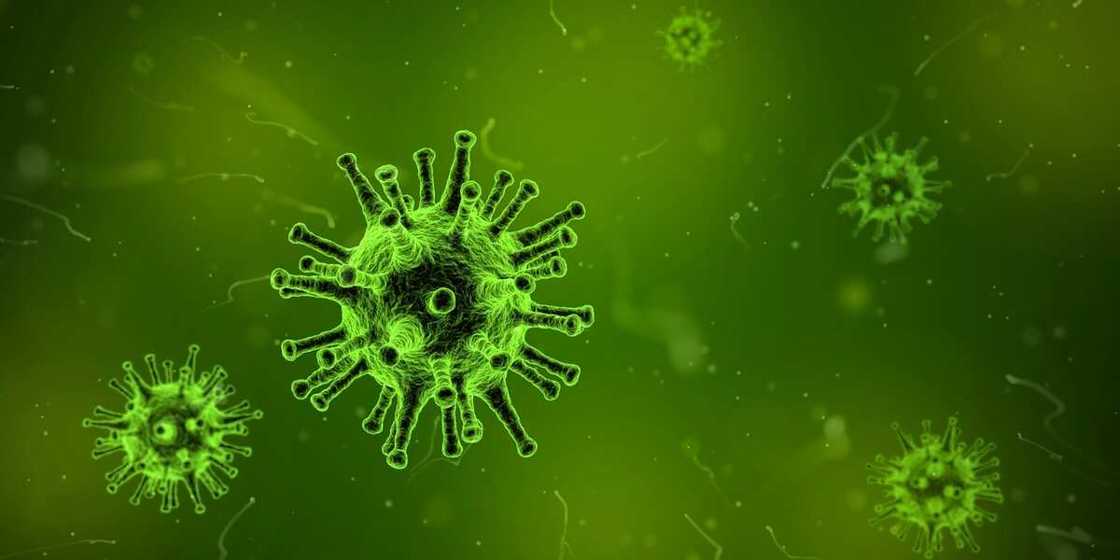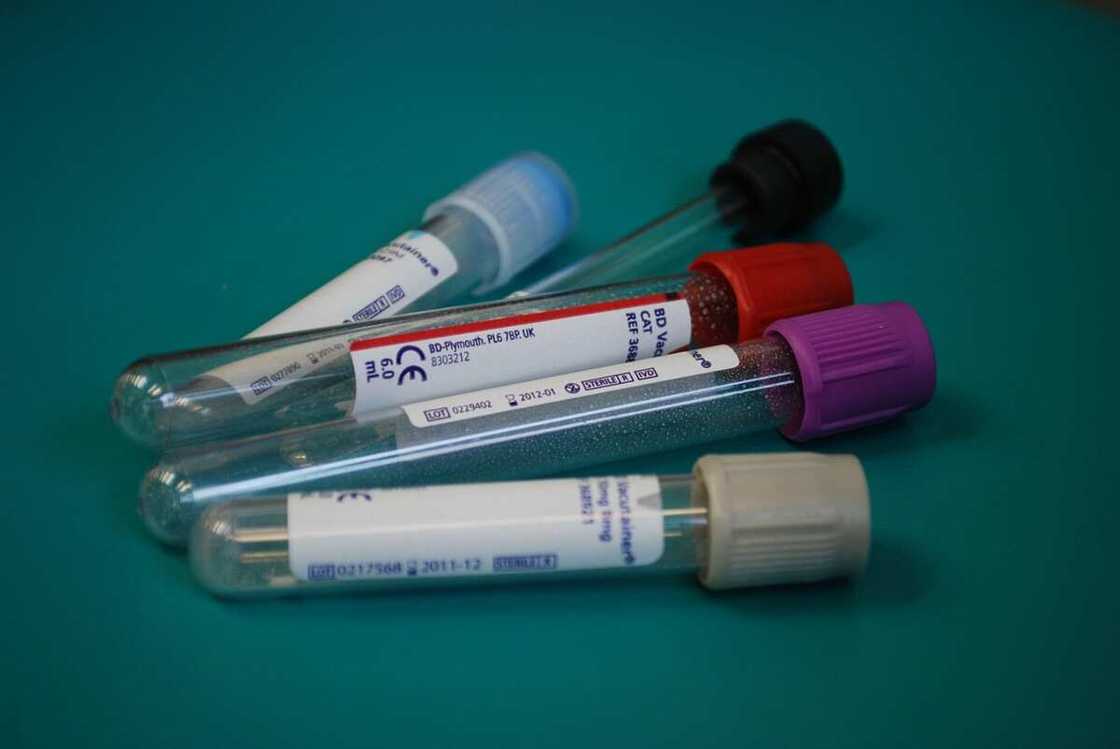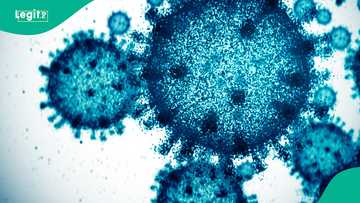Coronavirus in Nigeria: top facts you need to know
The first case of coronavirus in Nigeria has proven that the spread of the new disease is far from over. With the virus wreaking havoc across the planet, it is essential to understand what it is and what to expect from it.

Source: UGC
Up until February 28, Nigeria remained a safe haven for its people, having no registered cases of the new illness. However, the situation has changed now.
Is COVID-19 coronavirus in Nigeria for real?
On February 28, the Federal Ministry of Health, Nigeria confirmed the first case of coronavirus in Nigeria. The Italian expatriate who was diagnosed with the disease, came into the country on February 25 after visiting Milan. His first stop in the country was Ogun State before he come into Lagos.
Currently, the patient is hospitalized at the Infectious Disease Hospital in, yaba Lagos. It is said that the COVID-19 victim is stable with mild symptoms of the illness.
This manifestation of the disease in Nigeria is the third instance of the virus registered in Africa. The first two occurrences happened in Egypt and Algeria.
What is coronavirus? The origin of the disease explained
Coronaviruses (CoV) constitute a big family of viruses that are zoonotic. In other words, they can be transmitted from animals to humans. For previously known strains of the virus, coronavirus transmission to people happened from civet cats and dromedary camels.
The newly identified strain, which has recently been named SARS-CoV-2, first appeared in Wuhan City, China. It is believed that this coronavirus cause is also linked with animals. In particular, an animal market in this city is thought to be the origin of the outbreak.
Now that the infection has spread to humans, it is being transmitted from person to person by airborne droplets contaminated with virus particles. The disease caused by this strain is named COVID-19.
What is the coronavirus in humans? Disease, incubation period, statistics

Source: UGC
In humans, CoV family representatives cause illnesses of variable severity. Depending on a strain, a person may either suffer from mild cold-like symptoms or fall a victim of a severe respiratory disease. SARS-CoV-2 causes the latter.
As SARS-CoV-2 is a newly discovered virus, information about it is extremely limited. Currently, the approximate coronavirus incubation period varies from one to 14 days.
However, according to the World Health Organization, the most common time for the development of symptoms after catching the virus is about five days.
Latest COVID-19 statistics
As of February 28, there have been over 83,700 cases of the disease registered worldwide. Over 2,850 people have died because of COVID-19, and about 36,650 patients have recovered.
About 82% of the active cases are described as mild, while the rest 18% of the infected individuals are in serious or critical condition.
Currently, the infection has been confirmed in 56 countries. China remains the most severely affected territory, with over 78,800 cases of the disease.
It is followed by South Korea (2,337 cases), the “Diamond Princess” cruise ship (705), Italy (655), Iran (245), and Japan (214). The new countries that have joined the list of the affected territories are Nigeria and New Zealand.
How long does coronavirus last on surfaces?

Read also
24 hospitalised as strange illness emerges in Nigerian state, reportedly causing sudden collapse
The main threat associated with the new SARS-CoV-2 is that scientists know too little about it. Today, the only accurate information we have is data on the previously encountered strains of the CoV family.
Thus, many predictions about the SARS-CoV-2 behavior are based on the information scholars have about other human coronaviruses.
If the durability of the new strain is anywhere close to its “relatives” from the CoV family, then it may stay active on a surface for as long as nine days.
Luckily, coronaviruses are efficiently inactivated by such commonly used disinfectants as 62-71% ethanol, 0,5% hydrogen peroxide, and 0,1% sodium hypochlorite.
Moreover, temperatures more than 30 degrees Celsius deactivate some strains of the previously known coronaviruses. However, further tests are required to make sure these facts are valid for the SARS-CoV-2.
Coronavirus symptoms in humans and diagnosis

Source: UGC
Coronavirus signs and symptoms resemble those of flu or a cold. A person may experience fever, lack of stamina, and coughing.
Sometimes, infected individuals suffer from muscle pain, a runny nose, sore throat, or diarrhoea. As a rule, the disease starts with mild symptoms and progresses gradually.
Rarely, signs of the illness may fail to manifest in infected humans. However, around 1/6 of COVID-19 patients find themselves in serious condition
Older patients and people with pre-existing conditions such as diabetes and cardiovascular diseases are at higher risk of developing a severe illness.
Currently, the only reliable way of the new coronavirus diagnosis is conducting specific diagnostic tests developed for COVID-19. Thus, if a person experiences the coronavirus symptoms, bodily fluids such as saliva, a nasal swab, or throat swab should be tested for the presence of SARS-CoV-2.
How to treat coronavirus in humans

Source: UGC
According to the World Health Organization, about 80% of infected individuals manage to get well without any particular medications. However, the other 20% require coronavirus treatment and medical attention.
As of now, no coronavirus cure or vaccines against SARS-CoV-2 are available. Scientists around the world are working relentlessly to develop effective treatment as soon as possible.
However, it is estimated that human trials of a newly developed coronavirus vaccine will be conducted by the end of the current year.
Currently, doctors are focused on treating symptoms of COVID-19 and maintaining patients’ vital signs. They are also trying to determine whether the existing antiviral treatment has any effect on infected individuals.
The new COVID-19 continues to spread across the planet despite the efforts of humanity to curb it. The disease has gotten to the sub-Saharan region with the first confirmed case of coronavirus in Nigeria. With no specific treatment available, SARS-CoV-2 is a severe threat to the whole of humanity. However, there is hope that the first human trials of an effective vaccine will be conducted by the end of the year.
Source: Legit.ng






